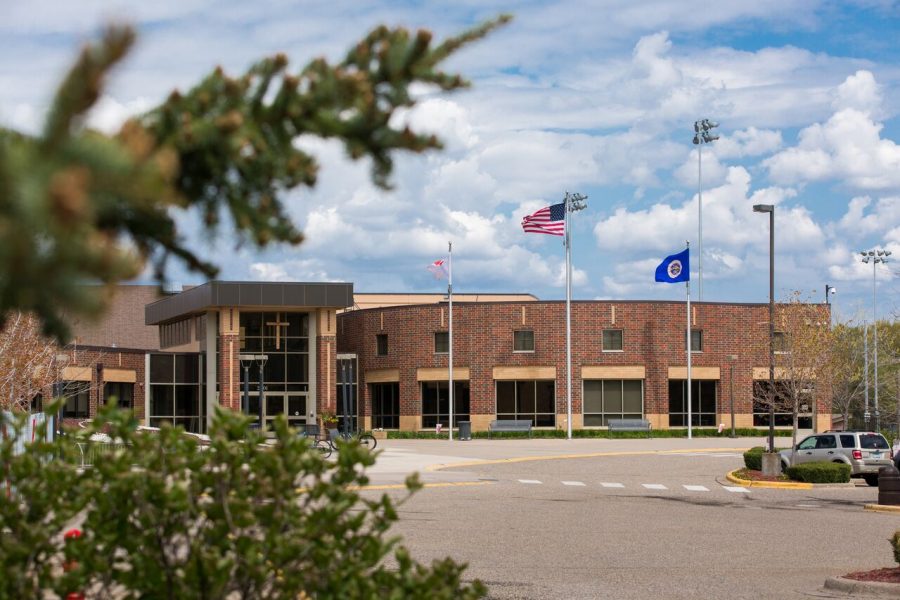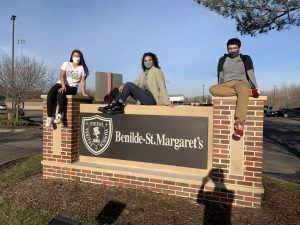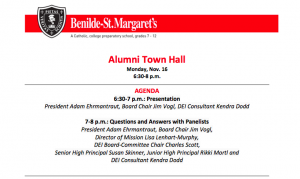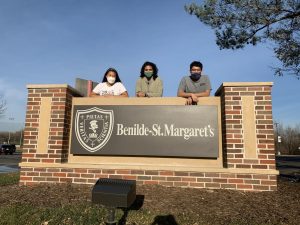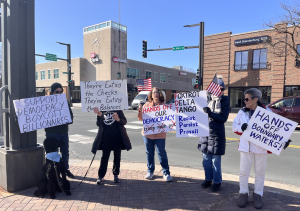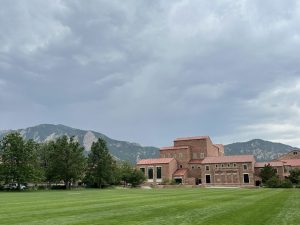Administration responds to race concerns at BSM
After a summer of racial tensions, BSM looks to improve its inclusion efforts.
October 22, 2020
In the tumultuous times that have marked the past eight months, the issue of race has been raised at Benilde-St. Margaret’s. In the wake of George Floyd’s death, race-related concerns were brought to the attention of the administration and the student body via a flurry of social media posts. These same concerns became even more pressing when a City Pages article was published in August sharing negative experiences of Black students at BSM. As a result, the administration has plowed into the ambitious task of shifting the culture of BSM to ensure inclusion of all.
The administration, headed by president Dr. Adam Ehrmantraut, was troubled by concerns raised by current and former BSM students. After spending years focusing on improving the school community for all, this sudden turn in the midst of COVID seemed to be jarring. “What we realized over the course of the last three months or four months is that what we believed to be true wasn’t true about our student experience for some, and I think that was an eye-opener for some folks around here,” Ehrmantraut said.
Ehrmantraut knows the student experience can’t be changed with minor tweaking: it is not up to students, faculty, or administration as individuals to fix these issues, rather they must all come together to fix BSM’s culture. “Culture and practices are driven by an entire range of individuals; it does not fall on one person to create culture,” Ehrmantraut said.
Although culture cannot be changed by one person, it can be moved by groups. The faculty and staff at BSM is a group where the administration feels their attention can best be deployed––through improving processes and decisions about who is hired by BSM. “This year we are looking at very specific pieces; we’re looking at [how we] recruit faculty and staff, onboard, and retain [them],” Ehrmantraut said.
Faculty and staff have a large role to play in equity and inclusion at BSM. The administration thinks that professional development can foster inclusion more naturally throughout the school. “Since I’ve been here, there has been an intentional focus on helping our teachers understand culture, understand equity, and understand how to navigate difficult situations in the classroom; that’s one piece of it anyway,” Ehrmantraut said.
Also this year, the administration has re-oriented itself on including the student community in these discussions, bringing in a private consultant, Ms. Kendra Dodd. From summer to September, Dodd hosted listening sessions. The goal of these sessions was to gain feedback about the student and parent experience at BSM.
The administration’s plan is to take this feedback and respond to it in the form of action. What that looks like is unknown; however, Ehrmantraut made it clear that whatever is done, the stakeholders of the school will be involved as well as the students. “We are in the midst right now of collating all the themes and identifying what themes are associated with our student experience, and what it is that our stakeholders are hoping that BSM does or looks like going forward,” Ehrmantraut said.
The stakeholders are no doubt comforted by BSM’s ability to find the right path because of its Catholic tradition. The school can trace many of its best attributes to its rooting in faith. “The Catholic belief system, particularly as it relates to race, is pretty dang clear: to value the inherent human dignity in each individual––we are drawn toward that as a Catholic school,” Ehrmantruat said.
BSM then clearly has taken action to shift its culture towards inclusion. It is up to the community members and time to take care of the rest.










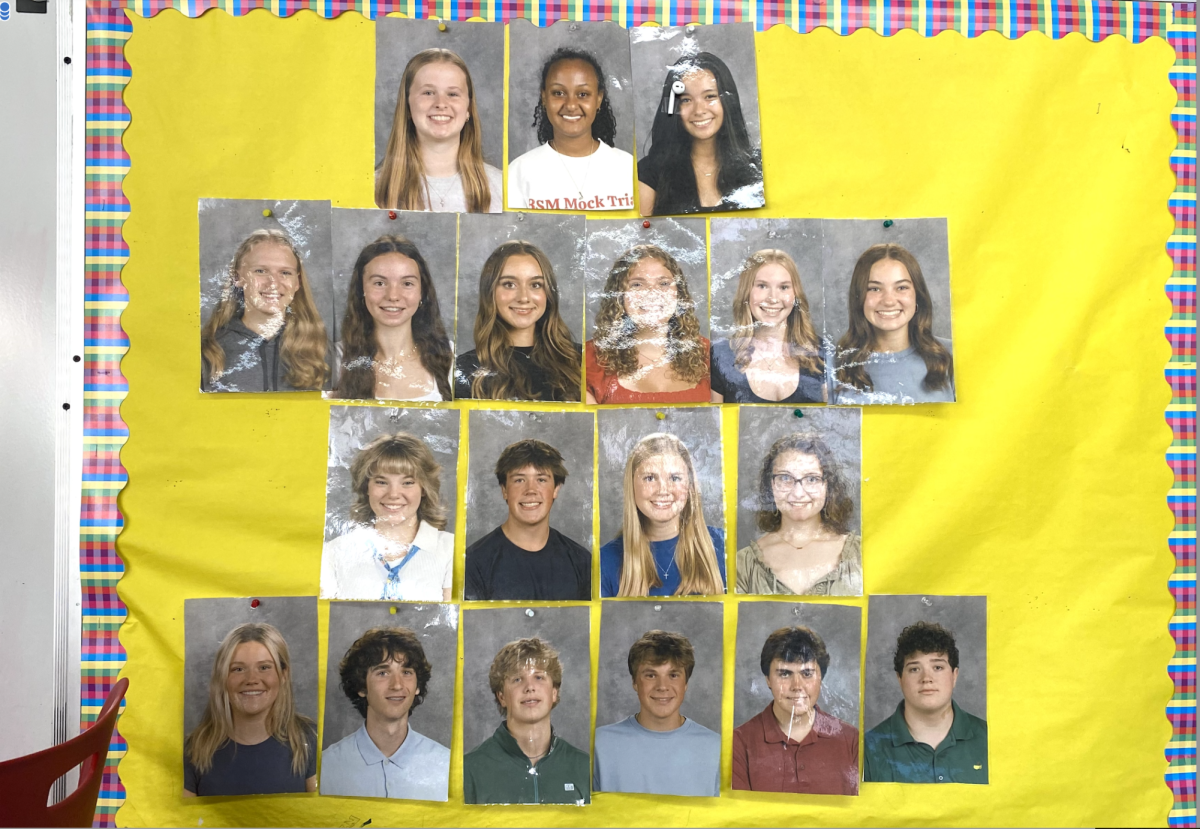

























![Teacher Lore: Mr. Hillman [Podcast]](https://bsmknighterrant.org/wp-content/uploads/2025/03/teacherlorelogo-1200x685.png)




